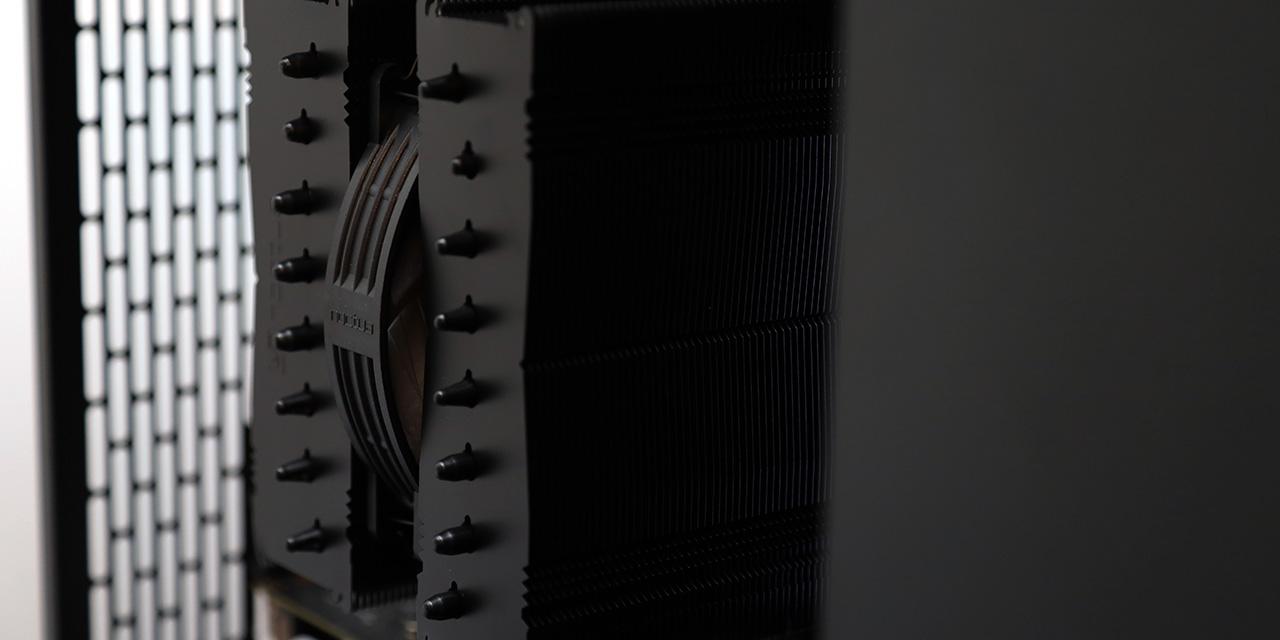Page 10 - Conclusion
The Lexar PLAY 2280 4TB will initially impress anyone with its capacity density, which is great to see. It is not the first or the only M.2 SSD to cram 4TB in such a small size, but I am still delighted. The Lexar PLAY 2280 comes with a hefty heatsink that provides some cooling relief to all the chips underneath. The combination of TLC-based NAND flash with a controller that uses HMB shows us this drive is positioned in the market to balance cost and performance. Its rated write endurance of 3200TBW is exceptional, even when compared against premium offerings. Combined with a 5-year warranty, it is clear Lexar wants this drive in your system for a while. However, in our tests, we see mixed results. In synthetic tests, the Lexar PLAY 2280 offered modest sequential results, sitting in the middle of the drives overall. Its peak speeds were solid, and the smaller transfer size read and write numbers were also competent. However, we saw struggles on the Lexar PLAY 2280 4TB in real-world simulation tests, with its primary struggles seen in the file transfer tests as well as application loading. Furthermore, the PLAY 2280 4TB struggled mightily in complicated workloads like PassMark's Advanced Disk Tests. We also saw mediocre numbers for the random tests of AIDA64 and Crystal Disk Mark. At the time of the review, the Lexar PLAY 2280 4TB is priced at $350, which is still on the more expensive side. While the amount of storage is alluring, the Lexar PLAY 2280 4TB's overall performance should be improved in multiple areas to make it truly shine.

Lexar provided this product to APH Networks for the purposes of evaluation.
Since April 30, 2007, Number Ratings have been dropped for all CPUs, motherboards, RAM, SSD/HDDs, and graphics cards. This is to ensure the most appropriate ratings are reflected without the inherent limits of using numbers. Everything else will continue using the Number Rating System.
More information in our Review Focus.
The Lexar PLAY 2280 4TB is a capacity-laden NVMe SSD that would benefit from several improvements in its medium workload performance, real-world simulations, and random reads.
Page Index
1. Introduction, Packaging, Specifications
2. A Closer Look, Test System
3. Benchmark: AIDA64 Disk Benchmark
4. Benchmark: ATTO Disk Benchmark
5. Benchmark: Crystal Disk Mark 8.0
6. Benchmark: HD Tune Pro 5.70
7. Benchmark: PassMark PerformanceTest 11
8. Benchmark: PCMark 10
9. Benchmark: 3DMark
10. Conclusion





